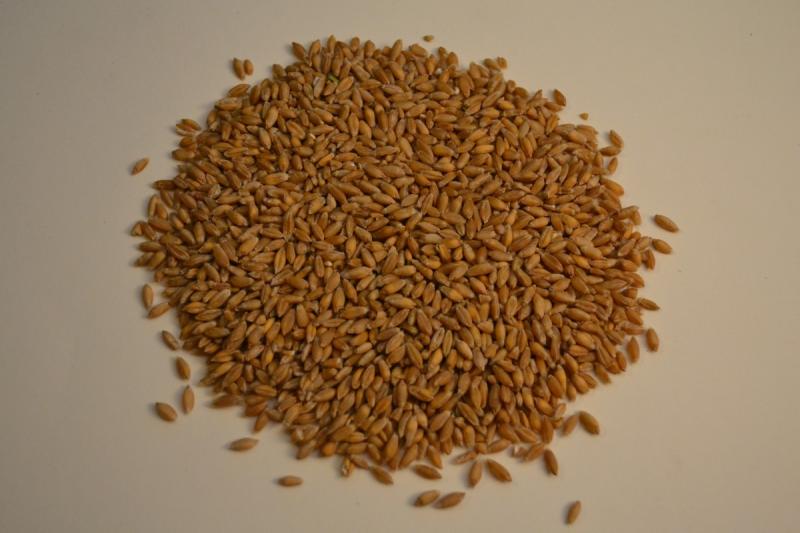
Wheat belongs to the genus Triticum and originates from Southwest Asia. It is an extremely nutritious grain that contains important vitamins, minerals, macronutrients, carbohydrates, proteins of lower biological value, and fats. In unrefined wheat (whole grain) the level of nutrients remains maximum while by processing the grain they are removed.
Wheat is an excellent source of carbohydrates (about 70%, most of which are complex carbohydrates - starch), manganese, dietary fiber, magnesium, calcium, iron, tryptophan, an abundance of B vitamins including vitamin B1, B2, B3, folate , pantothenic acid.
Here’s why it’s good to eat this cereal.
For faster metabolism
Whole (unrefined) cereals such as wheat are extremely important for a good metabolism. They are rich in dietary fiber, which has a beneficial effect on the digestive system, enables good digestion, protects the health of our intestines (strengthens the good intestinal flora), helps eliminate toxic substances from the body and speeds up metabolism.
A whole grain of wheat can help you solve the problem of nausea, constipation, constipation. It acts as a natural laxative.
Lowers cholesterol
Whole grains prevent the absorption of "bad" cholesterol and triglycerides and thus reduce the risk of many heart diseases.
Research has shown that women who consumed 2-3 servings of whole grains a day were 30% less likely to experience a heart attack compared to women who ate less than one serving a week.
Prevents type 2 diabetes
Wheat is rich in magnesium, a mineral that has many roles in our body. One of them is the effect on the metabolism of insulin and glucose, it affects the secretion of insulin, and its lack in the body can lead to insulin resistance. Include whole grains of wheat in your diet for healthy blood sugar control!
Reduces chronic inflammation
The high content of betaine in cooked wheat has an anti-inflammatory effect and reduces the risk of many diseases such as osteoporosis, type 2 diabetes, Alzheimer's disease.
Lower risk of cancer
Consuming whole grain cereals, such as wheat, can reduce the risk of some cancers, including colon cancer and breast cancer.
A diet that includes whole grains, lots of fruits and vegetables, plenty of fluids, and not a lot of meat and other fatty, spicy foods can reduce the risk of this disease.
It lowers blood pressure
Consuming whole grains instead of refined ones can lower blood pressure and reduce the risk of heart disease due to the relatively low fat content and richness of plant fibers.
For a better cardiovascular system
Doctors recommend daily consumption of whole wheat grain to postmenopausal women who have problems such as high blood pressure, high cholesterol levels or other cardiovascular problems.



